Six decades later, modern technology is making good on that promise. “Henry Royce built those cars to be silent,” says David Lorenz, founder of luxury auto shop Lunaz. “Now, we can make that happen.”
It’s not magic — it’s electric.
Founded in 2018, in Silverstone, England, Lunaz specializes in electric engine conversions of high-end classic cars, from a six-seat Rolls-Royce Phantom to James Bond’s favorite, the Aston Martin DB5. It’s one of a growing number of businesses providing this kind of service.
Lorenz says electric engines can make classic cars low-maintenance and user-friendly to “preserve these cars for future generations.”
Why convert your classic car?
Electric vehicles, or EVs, offer a variety of benefits, says Dominic Dattero-Snell, an engineering PhD researcher at Cardiff University with expertise in sustainable transport. With no tailpipe emissions, EVs are less polluting and cheaper to refuel than petrol or diesel cars.
Converting an existing vehicle bypasses manufacturing, and upcycling old cars is a more efficient use of resources, says Dattero-Snell. “Not having to extract new raw materials in the production of a mostly new, functional vehicle is a huge win,” he adds.
A luxury upgrade
In addition to replacing the combustion engine with its own electric powertrain, built in-house, Lunaz strips the car for a full “nut and bolt restoration” which rebuilds the car with modern amenities to the client’s specification.
While EV conversion shops are nothing new — Green Shed Conversions in Florida set up in 2006, for example, and Japan-based OZ Motors has been converting cars since 2010 — there is growing excitement around this niche industry.
Its factory can convert 120 cars a year, but Lorenz hints at future expansion. Conversions of these luxury vehicles don’t come cheap, ranging from $250,000 up to more than $1 million. That hasn’t slowed business though, says Lorenz: the company is fully booked for the next year.
The ‘everyman’ conversion
While Lunaz is serving a niche, luxury market, another UK-based classic car enthusiast is searching for a more “everyman” solution to EV conversion.
Matthew Quitter converted his own 1953 Morris Minor, which inspired him to start his classic car EV conversion shop London Electric Cars in 2017.
The 16 projects Quitter is currently working on will cost the owners from £30,000 ($41,000) to £200,000 ($275,000), but he says he would like to see that number fall to £5,000 ($6,900) to £10,000 ($13,800) to meet the demand for the “affordable conversion.”
“If we’re going to hit these obligations of reducing our CO2 emissions by 2030, we’re going to be scrapping huge numbers of cars, because they’ve got combustion engines,” he says.
Engineering researcher Dattero-Snell agrees that EV conversion could be a “powerful alternative” to current scrappage schemes. He adds that while discussions about conversion often focus on the classic car market, the concept could be applied to a mass market.
That’s something Lunaz is already looking at — not luxury cars, but commercial vehicles, such as refuse trucks.
Many cars and industrial vehicles are discarded before they’ve completed even 10{7b5a5d0e414f5ae9befbbfe0565391237b22ed5a572478ce6579290fab1e7f91} of the mileage they were built for, which is where EV conversion can offer a solution, says Lorenz. “We can’t just scrap those vehicles. We’ve got to get out of that buy-new mentality.”
Controversies and car chases
But EV conversions aren’t an easy alternative to scrappage schemes yet, as they are expensive and can take thousands of hours.
Classic cars are the perfect test-bed for these conversions, where the benefits in terms of increased reliability and usability of the vehicles are more pronounced, and the sentimental value makes owners more likely to invest.
Still, classic car conversions aren’t without their controversies.
Some car enthusiast groups, such as the Federation of British Historic Vehicle Clubs, believe vintage vehicles should not be upheld to the performance, roadworthiness, and environmental standards applied to modern cars.
“There will always be backlash from a segment of purists who see extensive modification as hurting the historic value of a vehicle, which I somewhat understand,” says Dattero-Snell.
But it’s not just the potential environmental benefits that drivers are thinking about now — it’s also about performance and perception.
Lunaz also wants to enhance the driving experience from all angles. Owners often have sentimental attachments to their motors, and for Lorenz, the aesthetic beauty of classic cars “will never be replicated in a modern vehicle.” But making old cars easier to use and maintain is essential for their longevity, he says, adding: “Once you go electric, you don’t go back.”

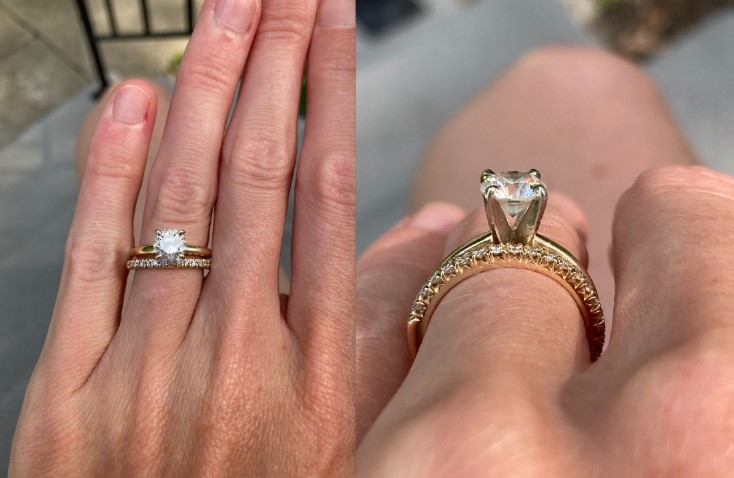
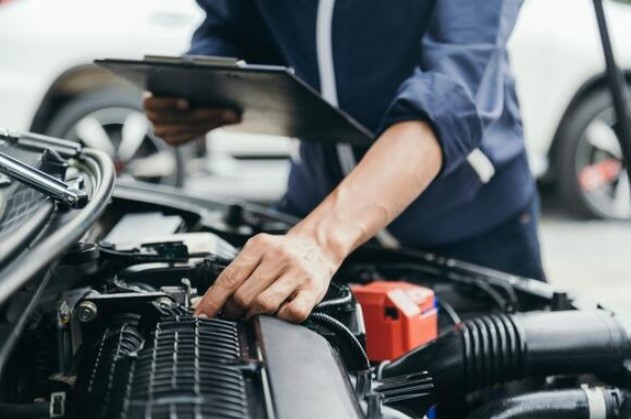
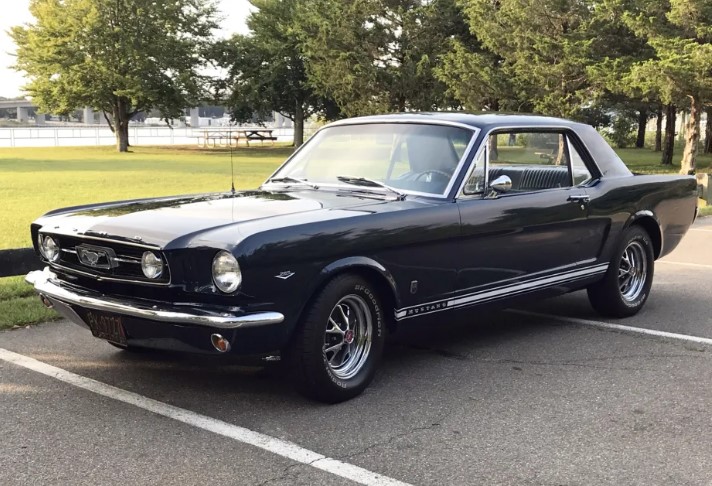
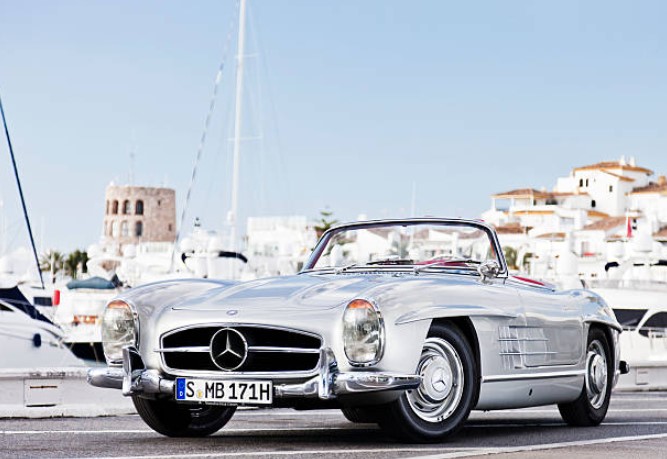
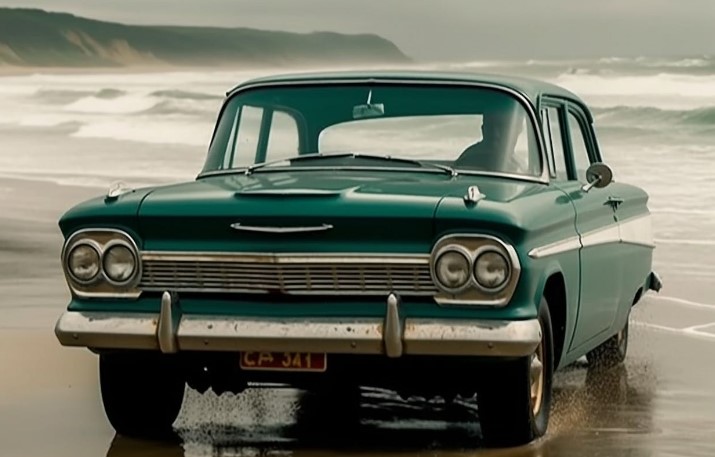
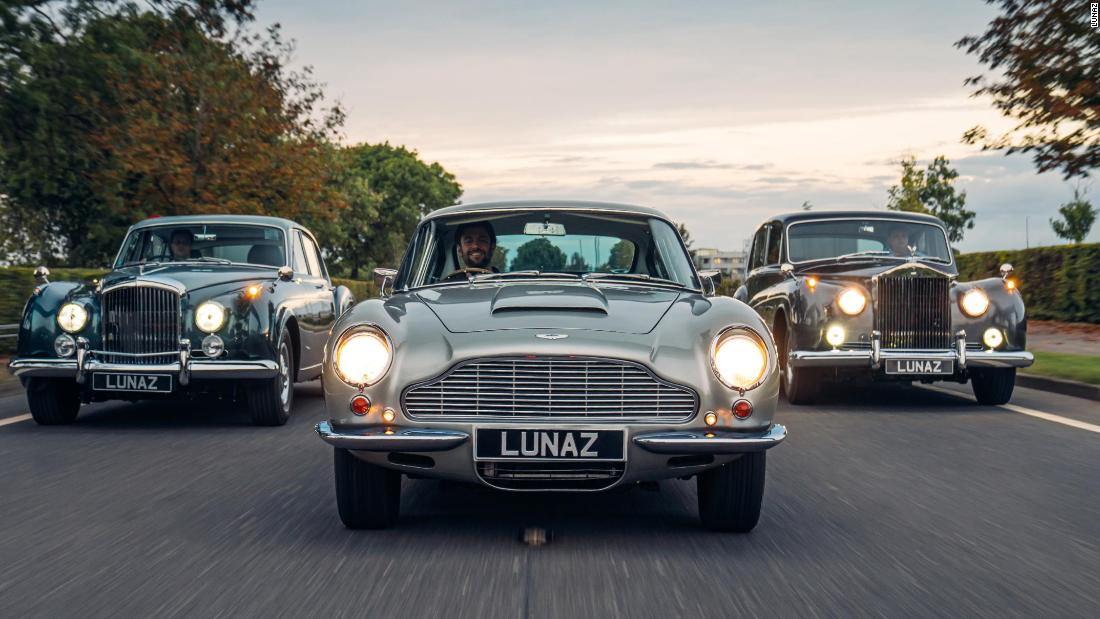
More Stories
Old Mustangs for Sale: Navigating the Allure of a Classic Ride
Vintage Mercedes: Unveiling Timeless Elegance and Engineering Mastery
Hemmings Classic Cars: Timeless Beauty on Four Wheels